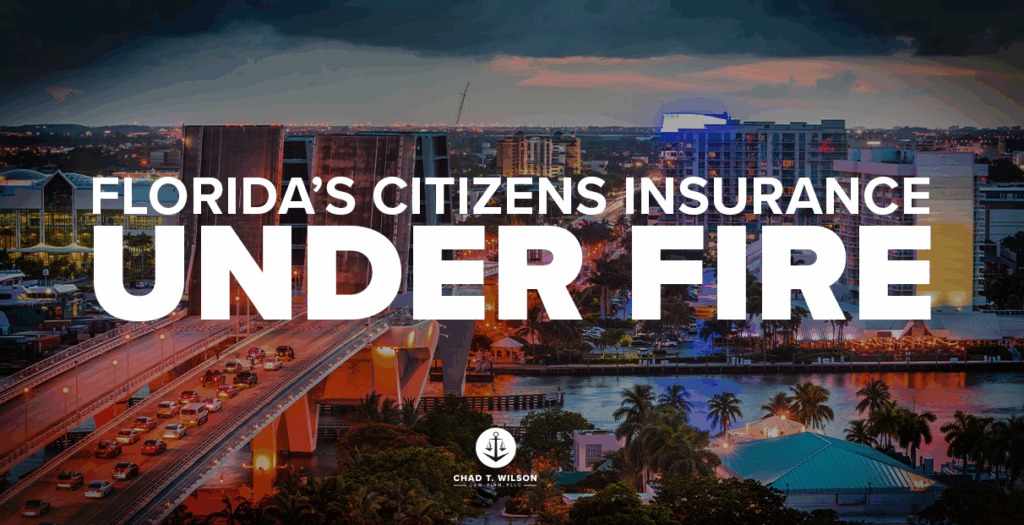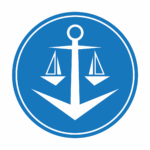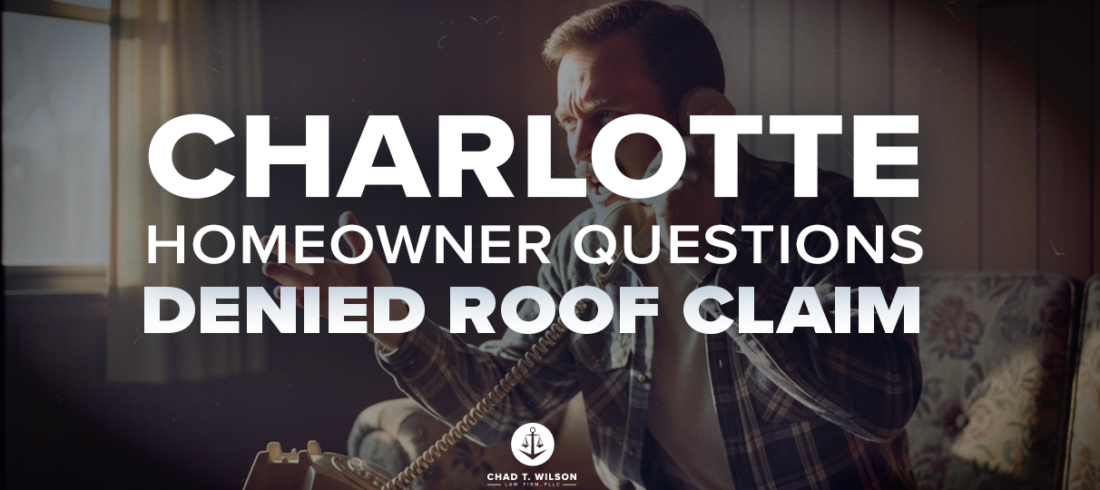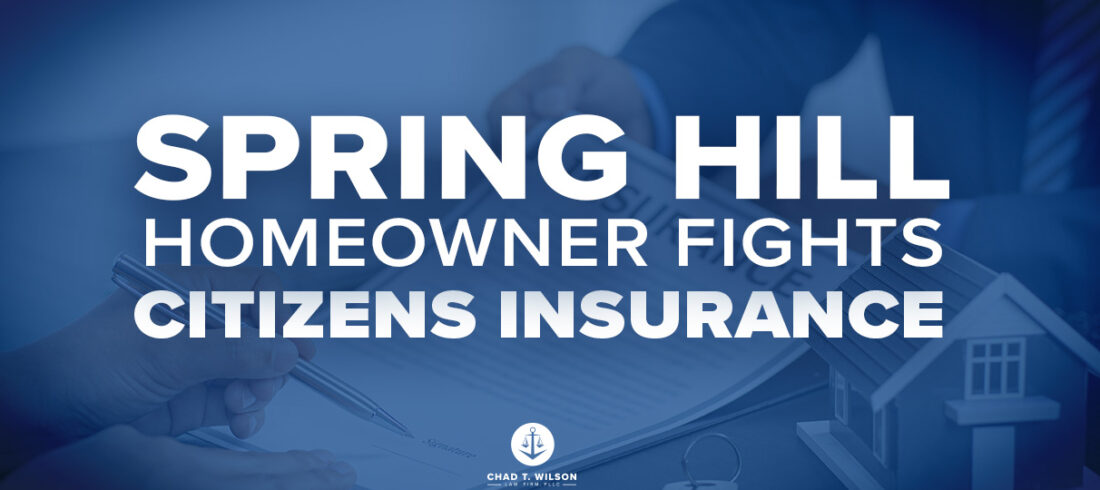Florida’s Citizens Insurance Arbitration Process Under Fire: What Homeowners Need to Know

This blog draws on reporting from ProPublica (Mario Ariza, Sept. 15, 2025) and News4JAX (Tarik Minor, Sept. 8, 2025).
Florida homeowners insured by Citizens Property Insurance Corp.—the state’s insurer of last resort—are discovering that challenging a property insurance claim denial is an uphill battle. Recent investigations show that Citizens has routed more than 1,500 disputes into a mandatory arbitration system where it wins over 90% of final hearings. By comparison, in Florida’s circuit courts, Citizens wins just over half the time.
How Arbitration Became the Norm
In 2023, state lawmakers passed House Bill 799, giving Citizens the power to force policyholders into arbitration before the Division of Administrative Hearings (DOAH). Unlike traditional courts, DOAH’s judges are paid through state contracts funded partly by Citizens, and the usual rules of evidence, discovery, and judicial review do not always apply.
For homeowners, this means fewer rights in pursuing claims for hail damage, storm damage, plumbing leaks, or roof damage. It also prevents them from voluntarily dismissing cases without Citizens’ approval—a safeguard available in regular courts.
Homeowners Face Steep Odds
Investigative reporting by ProPublica revealed stories like Peter and Linda Kilfoil, retirees from Fort Lauderdale, who discovered $40,000 in water damage after a pipe leak. Citizens denied their claim, arguing it was a long-term leak excluded under their policy. Even after evidence showed otherwise, the Kilfoils were routed into arbitration, where their case settled for just $500.
Other homeowners have faced similar struggles:
- Withdrawal Denied: Some policyholders tried to withdraw their case, only to be forced into a final hearing where they lost and were ordered to pay Citizens’ legal fees.
- Settling for Less: More than half of DOAH cases settled for $500 or less, while cases in circuit court average settlements of around $25,000.
- Structural Bias Concerns: Judges often deny requests to disclose potential conflicts of interest, raising questions about impartiality.
Political Pushback
Representative Maxwell Frost of Florida has called the process harmful to working-class Floridians who rely on Citizens for coverage. In a letter to Gov. Ron DeSantis and state officials, Frost argued that the system deprives homeowners of their constitutional right to access the courts.
“The requirement that Citizens policyholders resolve all claims disputes through arbitration harms Citizens policyholders by depriving them of the opportunities that private policyholders have to litigate their claims and appeal if they lose,” Frost wrote.
His letter followed mounting concerns after a Hillsborough County judge issued a temporary injunction in August, ruling that the arbitration system may violate Florida’s Constitution by denying homeowners neutral discovery and judicial review. Citizens are appealing the decision.
Citizens’ Defense
Citizens insist the DOAH process is efficient and fair, pointing to its ability to resolve disputes faster than circuit courts, which can take nearly two years. A spokesperson argued that many settlements reflect “giving policyholders the benefit of the doubt” when evidence supports coverage.
Still, critics note the imbalance: 90% of final hearings end in Citizens’ favor, leaving policyholders at a severe disadvantage.
Why This Matters
For Florida homeowners, this dispute underscores a growing insurance crisis:
- Private insurers are leaving or limiting coverage in disaster-prone areas.
- Citizens, once a safety net, now dominates the market with more than 700,000 policies.
- Policyholders face reduced rights when disputing a property insurance claim denial, particularly after hurricanes, floods, or water damage events.
As climate-driven disasters increase, the ability to pursue fair settlements becomes even more critical.
What Homeowners Can Do
If you are a Citizens policyholder:
- Review your policy carefully — pay attention to exclusions for wind, flood damage, or pipe leaks.
- Document all damages thoroughly — photos, repair estimates, and inspection reports strengthen your claim.
- Seek legal help quickly if your claim is denied, delayed, or underpaid. Navigating arbitration or litigation requires an experienced insurance attorney who understands both Florida insurance law and insurer tactics.
How Chad T. Wilson Law Firm Can Help
At the Chad T. Wilson Law Firm, we stand with policyholders—not insurers. Our team has extensive experience handling property insurance claim disputes, including water damage, fire damage, hail damage, and storm damage cases. Whether you are facing arbitration, litigation, or an outright denial, we fight to ensure your insurance company honors its obligations.
Practice Areas We Handle:
- Hail Damage Claims
- Commercial & Large Loss Claims
- Windstorm Claims
- Water Damage & Frozen Pipe Claims
- Fire & Smoke Damage Claims
- Hurricane Damage Claims
If your insurance company is giving you the runaround, don’t wait. Contact us today for a free consultation. Your recovery is our mission.
Do not lose hope if you have filed an insurance claim and were denied or underpaid. Let the Chad T. Wilson Law Firm get justice for you.


